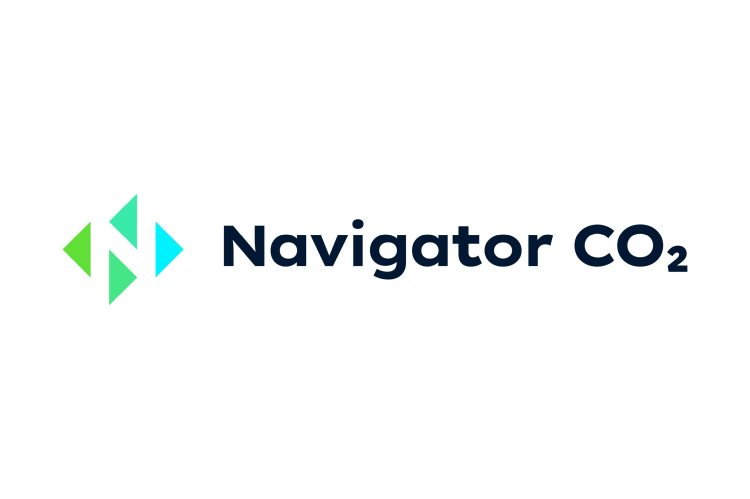Navigator CO2 Halts Major Midwest CO2 Pipeline Project, Re-evaluates Routes

Navigator CO2, a key player in the carbon dioxide pipeline industry suspended one of its largest proposed carbon dioxide pipeline initiatives in the Midwest as it reevaluates the routes in five states following permit denial by South Dakota Regulators.
The project, which spanned a colossal 1,300 miles (2,092 kilometers), aimed to transport carbon dioxide emissions from over 20 industrial facilities across South Dakota, Nebraska, Iowa, Minnesota, and Illinois.
Notably, the Illinois segment of the project held particular significance, as it was designated for carbon dioxide storage underground.
Navigator CO2 withdrew its application for a critical permit in Illinois. Subsequently, they put all permit applications on hold, marking a pivotal decision in the wake of South Dakota regulators' denial of a permit last month.
While the company has opted for this temporary pause, it is worth noting that they assert their intention to reevaluate the project rather than abandon it.
"As is consistent with our recent filings in neighboring jurisdictions, Navigator will be taking time to reassess the route and application," the company stated in a press release, adding they plan to reapply for permits where deemed appropriate after completing their comprehensive assessment.
Navigator’s new decision has been broadly welcomed by the project’s opponents, particularly landowners who were apprehensive about the project's implications.
Jane Kleeb, representing the Nebraska-based Bold Alliance, an organization known for opposing the ill-fated Keystone XL oil pipeline, emphasized the power of collective action.
"When you organize the families most at risk of eminent domain, you can stop a pipeline," she stated, underscoring the influence of grassroots efforts in environmental activism.
The carbon capture technology integrated into proposed pipelines in the region has garnered support from those who believe it could effectively combat climate change. Nonetheless, opponents remain skeptical of its scalability and question the necessity of significant investments, especially compared to more cost-effective renewable energy alternatives.
Federal tax incentives and substantial funding from Congress for carbon capture initiatives have also made such projects increasingly lucrative.
Meanwhile, Summit Carbon Solutions, the driving force behind the region's most extensive proposed carbon dioxide pipeline, is persisting with its plans despite regulatory setbacks in the Dakotas.

